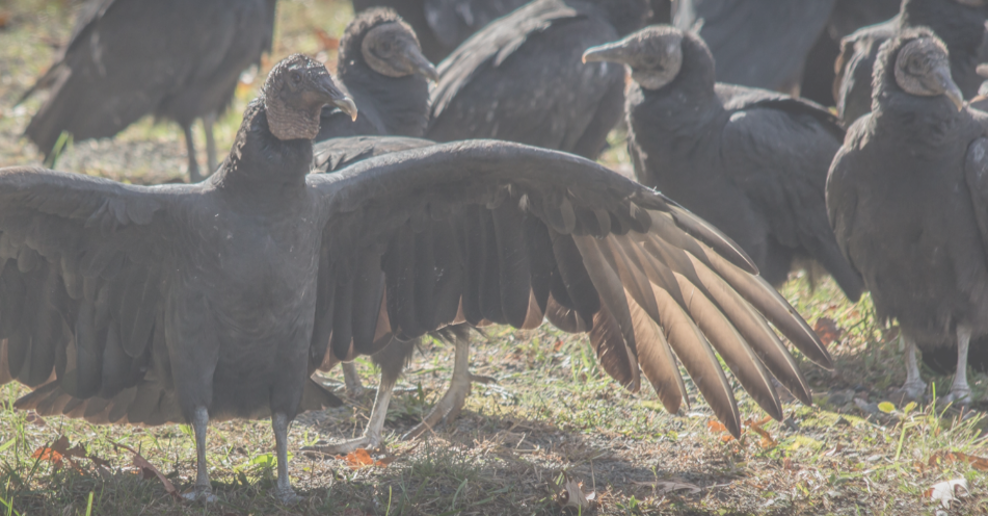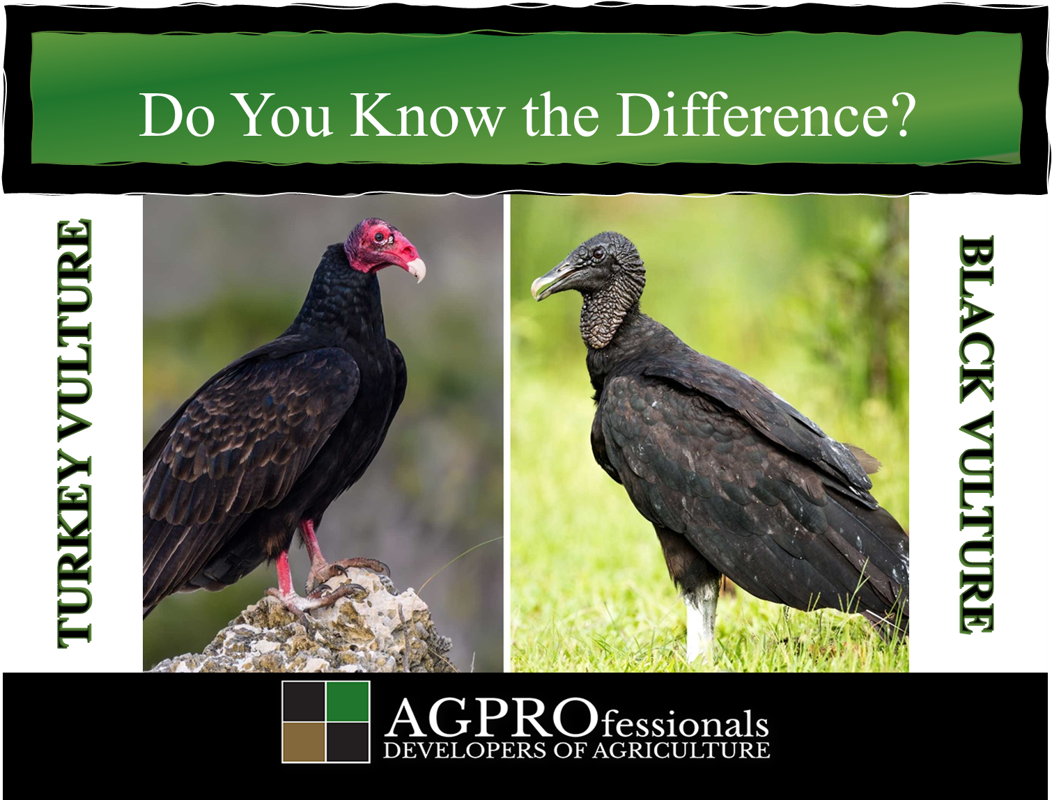
Black Vulture Relief Act of 2025
Protecting Your Livestock and Your Bottom Line
Black vultures have become a serious and growing threat to newborn livestock across the country. Now, a new bill in Congress—the Black Vulture Relief Act of 2025—is aiming to give ranchers and farmers the ability to protect their herds without unnecessary red tape.
Why This Matters to You
While many people think of vultures as nature’s cleanup crew, black vultures are different. They don’t just scavenge—they attack. Often hunting in groups of 20 or more, they target pregnant animals during calving, lambing, or kidding, and go after newborn calves, lambs, goat kids, and piglets.
In 2015, black vultures were responsible for 10% of all calf deaths caused by predators—over 24,000 calves lost. Between 2020 and 2025, attacks on cattle rose nearly 25%, according to USDA Wildlife Services. At roughly $2,000 lost per calf, the financial and emotional toll is significant.
The problem isn’t going away. Since 1990, the black vulture population has increased by over 460%, now topping an estimated 190 million birds. Yet under the Migratory Bird Treaty Act of 1918, ranchers must get a depredation permit to take action—costing valuable time when livestock is at risk.
What the Black Vulture Relief Act Does
If passed, the Black Vulture Relief Act of 2025 would:
-
Remove the Depredation Permit Requirement – Ranchers could take black vultures threatening their livestock without waiting for government approval.
-
Require Annual Reporting – Producers would submit a simple yearly report to the U.S. Fish and Wildlife Service with the number of vultures taken.
-
Keep Poison Off the Table – The bill maintains the ban on using poison for control.
This change would allow you to protect your livestock immediately while still ensuring population tracking for conservation purposes.
Strong Support from Ag Organizations
The bill is backed by major agricultural groups, including:
-
National Cattlemen’s Beef Association (NCBA)
-
American Farm Bureau Federation (AFBF)
-
U.S. Cattlemen’s Association (USCA)
-
Texas Sheep and Goat Raisers Association (TSGRA)
-
Wyoming Stock Growers Association (WSGA)
These organizations agree—producers need common-sense tools to manage this predator and protect their livelihoods.
What Leaders Are Saying
Senator Markwayne Mullin (OK), a rancher himself, put it plainly:
“Oklahoma ranchers deserve the right to protect their livestock from threatening predators… Removing the requirement for a depredation permit will allow Oklahomans to do what is necessary to protect their livestock and reduce economic hardship.”
Senator Tommy Tuberville (AL) added:
“America’s cattlemen work hard to feed our communities and shouldn’t have to jump through hoops just to protect their herds.”
And Senator Eric Schmitt (MO) emphasized:
“We must keep this dangerous bird population under control and allow ranchers and producers… the ability to do what they do best—provide the best beef and ag products in the world.”
What This Means for Your Operation
If this bill passes, you’ll have faster, clearer authority to deal with black vulture attacks without waiting on permits. You’ll still need to track and report removals annually, but you’ll be able to act in the moment—when it matters most.
Bottom line: This legislation is about giving livestock producers the tools and flexibility to protect their herds, safeguard their income, and maintain healthy operations—while still respecting wildlife conservation goals.
Brought to you by AGPROfessionals, advocating for the success and sustainability of America’s farmers and ranchers.

